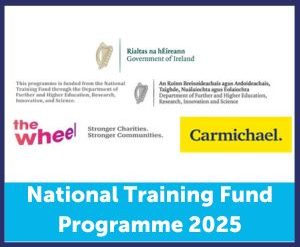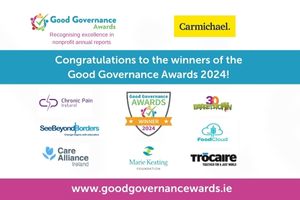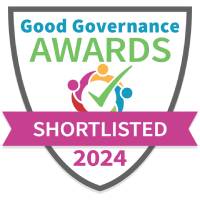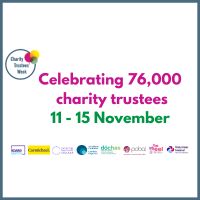Target Audience
If you are an experienced Excel user, you will know that you spend a good chunk of your time re-organising and re-formatting data. What if there was a way within Excel to automate this? Meet Power Query…
Outline
In this short course you will learn:
- What is Power Query and why should you care?
- Text clean up.
- File clean up.
- Combining folder contents automatically.
Methodology
- Delivered virtually via Zoom.
- GiraffePad will be the platform used to hold the Zoom link/training materials/recording.
BLAH BLAH BLAH
xxxxxxxxxxxxxxxxx
Target Audience
Prior experience of using Microsoft PowerPoint is essential.
Outline
You will learn how to create advanced content that will include:
- advanced photo editing tips
- how to insert and edit video and sound content
- how to animate content
- how to add slide transitions and how they can be used with your content
- an overview of the ‘presenter view’ and how to use this function when presenting
- How to make your presentation interactive with a Live demonstration of Poll Everywhere
Methodology
Delivered virtually via Zoom.
test test test
Test text
Target Audience
Prior experience of using Microsoft PowerPoint is essential.
Outline
You will learn how to create advanced content that will include:
- advanced photo editing tips
- how to insert and edit video and sound content
- how to animate content
- how to add slide transitions and how they can be used with your content
- an overview of the ‘presenter view’ and how to use this function when presenting
- How to make your presentation interactive with a Live demonstration of Poll Everywhere
Methodology
Delivered virtually via Zoom.
Zoom training text



